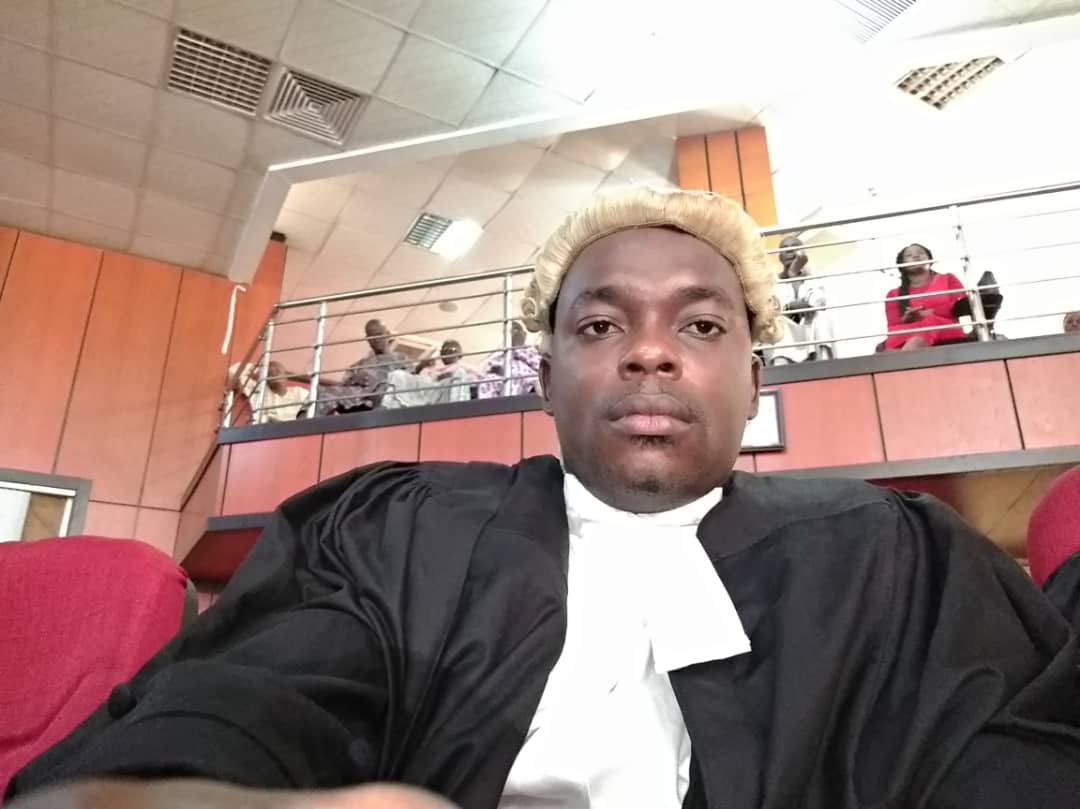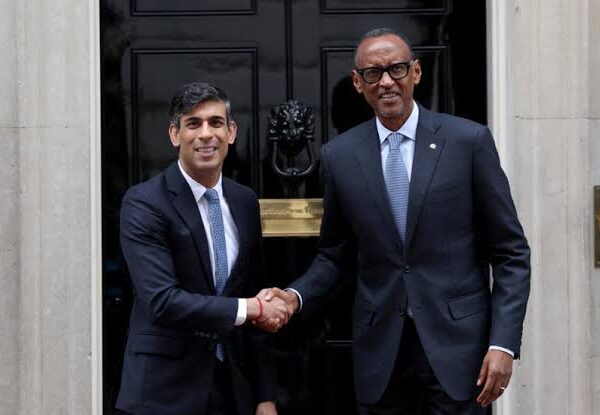We are not unaware of the charges bothering on non-declaration of assets recently filed against the Chief Justice of the Federation, Hon. Justice Walter Onnoghen and charges filed against some of the stalwarts in the Legal circle which has triggered a lot of comments, public opinion, debates and interviews on several media houses and platforms.
You will recall that some staff of Channel Television’ were recently summoned by the Federal High Court for debating Olisah Metuh’s case; a matter pending before the court. They were summoned to show cause why contempt proceeding should not be commenced against them for making prejudicial statements on a national TV of a matter subjudice.
Maintaining decorum in the legal profession is fast becoming an uncommon phenomenon. There are constitutional and professional guides on what and what the general public can comment on or debate especially when such matter is already placed for adjudication before the court of competent jurisdiction; even if such court is on the least of hierarchy.
In recent time, how lawyers out of shared sentiments and emotion fall prey of this crucial rule of justice and respect for the institution of court is worrisome. Most senior lawyers are not left out of this quagmire and show of muscle as to their mental, sentimental and influential capability to influence trends and whip sentiments against the interest of justice to suit their personal purposes.
Lawyers are assumed and / deemed to know better, that it constitutes contempt ex-facie curia to comment and/or debate on subject matters already placed before the court for adjudication. In other words, it is contemptuous and punishable by imprisonment and fines among others to comment on matters that are subjudice.
When lawyers are involved in this unholy phenomenon, it becomes not only contemptuous, but also amounts to grave violation of professional ethics which consequentially equates a professional misconduct professionally punishable under the Rules.
It is a notorious fact that several lawyers, including SANs and most senior lawyers had in recent time come before media houses and pages of newspapers to share / twist facts, share/ twist laws and explain things to the public as they wish in proportion of their sentiments, emotions, affiliations and same had brought about diverse opinions and sentimental agitations capable in instilling fears and influencing fairness and/or justice on the part of the courts where the matters are pending.
I make bold to state that commenting or debating matter subjudice is not good for our legal jurisprudence and same has a disruptive and destructive effect on the Justice system.
The above stand has become a universal law of justice in ensuring fairness and uninfluenced mindset of the judges in dealing with cases before them.
In showing disapproval for the above conduct, the apex court had on several occasion criticized such in several of its judgment.
While in office, the Chief Justice of Nigeria, Hon. Justice Walter Onoghen had severally admonished media houses, Lawyers and the general public on the implication of commenting or debating on matters subjudice. One of the recent of such admonition was the Chief Justice new year message to journalists, issued through his assistant on media and publicity, Awassam Bassey and published earlier this year on the Premium times. In the publication the Learned Chief Justice was quoted as follows:
“The attention of the Honourable, the Chief Justice of Nigeria … Walter Samuel Nkanu Onnoghen, GCON, has been drawn to the emerging and continued practice of discussions of matters that are subjudice in the print and electronic media, such as the issues concerning the Anambra State Central Senatorial District dispute.
“The Hon. CJN wishes to remind the general public that it is Contempt of Court for anyone to discuss any matter pending in any Court of Law in the country. The punishment for Contempt may include a term of imprisonment,” the statement said.
Citing previous decisions of courts, the statement said the courts of law had prohibited the discussion of pending criminal cases. It added that the declarations still stand.
“In respect of criminal proceedings, it is forbidden for parties, their counsel or newspaper commentators to freely offer opinions in respect of matters pending in court, including any situation where a conviction has been entered but the convict’s appeal is pending at the appellate court.”
‘We must not allow “trial by newspaper” or “trial by television or trial by any medium other than the courts of law.’
“I think that anything in the nature of prejudgment of a case or of specific issues in it is objectionable not only because of its possible effect on that particular case but also because of its side effects which may be far reaching.
“Responsible ‘mass media’ will do their best to be fair, but there will also be ill-informed, slapdash or prejudiced attempts to influence the public.
“If people are led to think that it is easy to find the truth, disrespect for the processes of the law could follow and, if mass media are allowed to judge, unpopular people and unpopular causes will fare very badly.
“Most cases of prejudging of issues fall within the existing authorities on contempt. I do not think that the freedom of the press would suffer, and I think that the law would be clearer and easier to apply in practice if it is made a general rule that it is not permissible to prejudge issues in pending cases.”
The statement further said the abusive tone adopted by other lawyers for judges and opponents of cases makes it necessary to stop the practice.
“To make matters worse, in such discourse, the language being used in describing the judgments of the Courts is not only ungentlemanly, degrading and contemptuous, but amounts to uncharitable insults which should not be encouraged in any decent democracy.
“It is in the light of the above that the Hon. CJN continues to encourage parties and the general public to use only lawful means in the pursuit of remedies for their real and imagined grievances.
“The Hon. CJN reiterates his appeal to litigants, advocates and the public to refrain from making unsubstantiated and malicious allegations and complaints against Judicial Officers, and reminds Judges to consider invoking their inherent power of contempt where there are clear violations or infractions in respect of matters that are subjudice”, the statement added.
According to the statement, the CJN assured Nigerians of the commitment of the judiciary to “the discharge of its responsibilities in line with the Constitution of the Federal Republic of Nigeria without fear or favour; affection or ill-will”.
I am of the from view that the only exception to this rule is accurate reporting by journalists / media outfits and/or genuine explanation / information from counsel as to what has transpired in court in the course of proceedings. Anything more amounts to abuse of court process and grave violation of subjudice rule of justice
In the light of the foregoing, I am of the firm opinion and belief that Lawyers, Media houses / institutions, and any member of the public who contravenes the above agelong law, principle, and convention no matter how highly placed should be made the face the gun and/or sword of law.
The sanctity of the Bench must be preserved.
Richarmond O. Natha-Alade is a legal Practitioner at
Sun Natha-Alade & Partners (SNATHAP)
lordricharmond@gmail.com
www.snathap.com




What’s up to all, how is everything, I think every one is getting more from this site, and your views are pleasant for new viewers.
Hi there, I found your web site via Google whilst searching for a similar matter, your web site got here up, it seems good. I have bookmarked it in my google bookmarks.